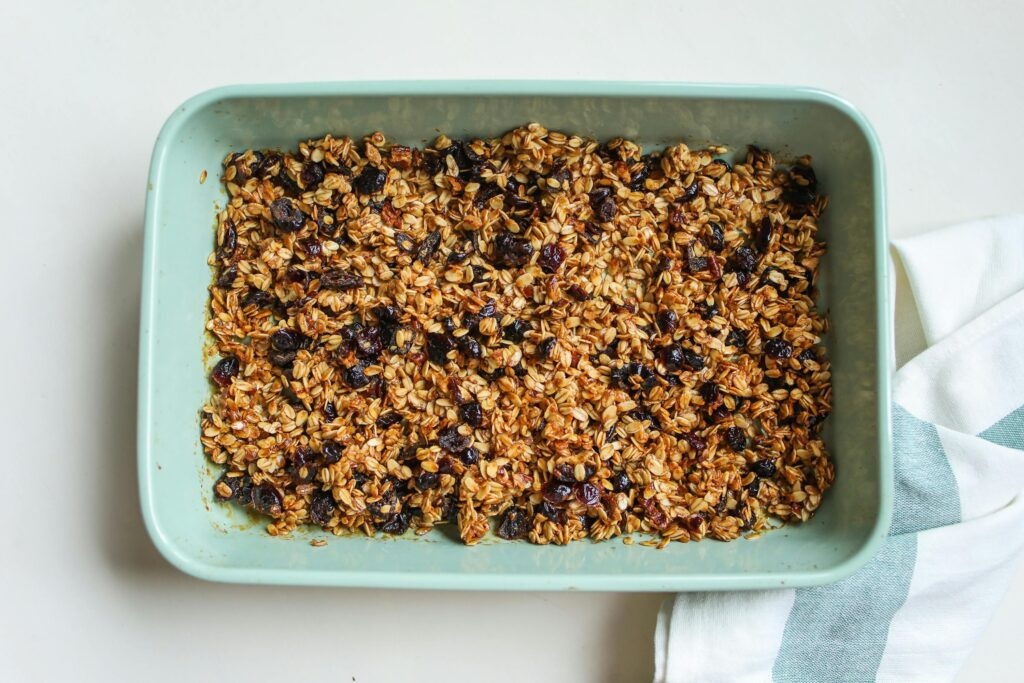
Providing a balanced diet is crucial for your puppy’s overall health and development. A key component of a well-rounded diet is ensuring they receive essential vitamins for puppies. These nutrients support everything from bone growth to immune system strength, making them a vital part of daily nutrition. Understanding which vitamins your puppy needs can help prevent deficiencies and promote a long, healthy life.
Why Vitamins Are Important for Puppies
Puppies grow rapidly in their first few months, requiring an optimal balance of nutrients to develop strong muscles, bones, and a resilient immune system. Essential vitamins for puppies help maintain energy levels, support cognitive function, and improve skin and coat health. While commercial puppy food often contains necessary nutrients, some puppies may benefit from additional supplementation, especially if they are on a homemade or raw diet.
Key Essential Vitamins for Puppies
- Vitamin A
Vitamin A plays a vital role in maintaining good vision, immune system function, and healthy skin and coat. A deficiency in this vitamin can lead to poor eyesight, skin issues, and a weakened immune system. Natural sources include liver, fish oil, carrots, and eggs. - Vitamin B Complex
The B-vitamin family includes several essential vitamins for puppies that contribute to overall well-being.- B1 (Thiamine): Helps with energy metabolism and nervous system health.
- B2 (Riboflavin): Supports healthy skin, eyes, and digestion.
- B3 (Niacin): Aids in proper enzyme function and digestion.
- B5 (Pantothenic Acid): Essential for hormone production and energy levels.
- B6 (Pyridoxine): Supports brain development and red blood cell production.
- B7 (Biotin): Promotes a healthy coat and strong nails.
- B9 (Folate): Supports cell growth and development.
- B12 (Cobalamin): Plays a role in neurological health and red blood cell formation.
Good sources of B vitamins include meat, fish, dairy, and whole grains.
- Vitamin C
Although dogs naturally produce vitamin C, some puppies may need additional support, especially in stressful situations. This vitamin is an antioxidant that helps with tissue growth, immune function, and reducing inflammation. Fruits like oranges, strawberries, and blueberries contain vitamin C, but consult a veterinarian before supplementing. - Vitamin D
Often called the “sunshine vitamin,” vitamin D is essential for calcium and phosphorus absorption, promoting strong bones and teeth. Puppies deficient in vitamin D may experience weak bones or growth issues. Sources include fish, egg yolks, and fortified foods. - Vitamin E
This vitamin acts as an antioxidant, helping to protect cells from damage. It is crucial for a healthy immune system and supports skin and coat health. Deficiencies may result in muscle weakness and vision problems. Natural sources include nuts, seeds, leafy greens, and fish. - Vitamin K
Vitamin K plays a key role in blood clotting and bone health. While dogs typically get enough from their diet, certain conditions or medications may require supplementation. Green leafy vegetables and liver are great sources of vitamin K.
How to Ensure Your Puppy Gets the Right Vitamins
To make sure your puppy receives all essential vitamins for puppies, follow these guidelines:
- Choose High-Quality Puppy Food: Premium commercial puppy food is formulated with essential nutrients, making it the easiest way to provide balanced nutrition.
- Include Fresh Whole Foods: Adding fresh vegetables, lean meats, and eggs can enhance your puppy’s vitamin intake.
- Consider Supplements (If Needed): If your vet recommends additional vitamins, choose high-quality supplements specifically designed for puppies.
- Avoid Over-Supplementation: Too much of certain vitamins, like vitamin D or A, can be harmful. Always consult a vet before introducing supplements.
Conclusion
Ensuring your puppy gets the right essential vitamins for puppies is crucial for their growth, development, and long-term health. A balanced diet rich in vitamins A, B, C, D, E, and K will help support strong bones, a shiny coat, and a robust immune system. By feeding high-quality food and consulting a veterinarian when necessary, you can give your puppy the best possible start in life. Petsdogpuppy
